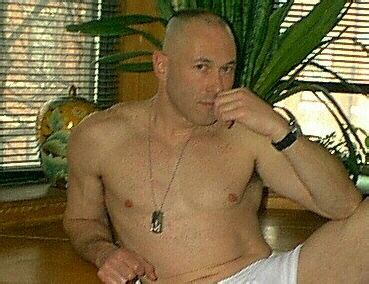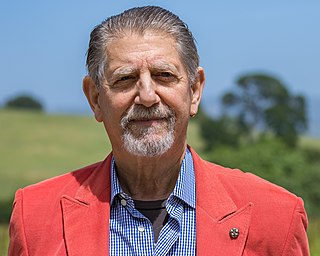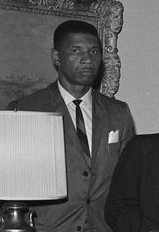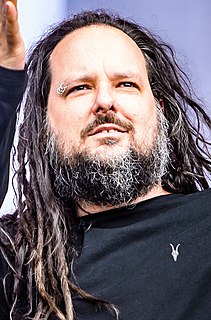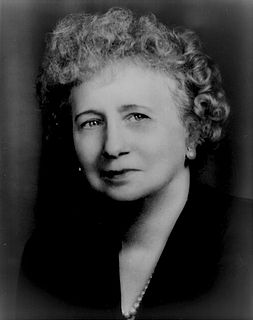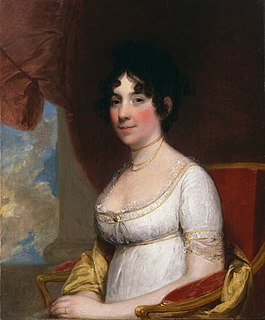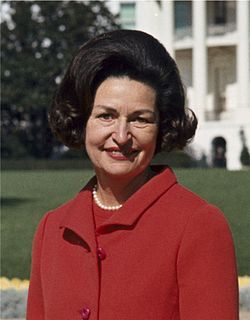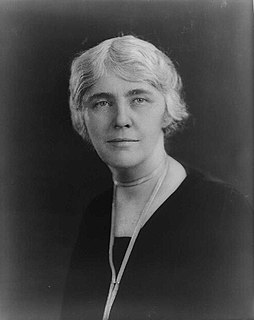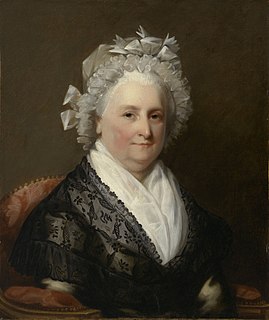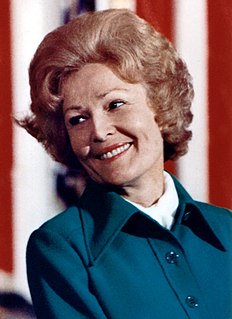A Quote by Nancy Reagan
From the moment I walked into the White House, it was as if I had no privacy at all.
Related Quotes
What I do think is important is this idea of a 'privacy native' where you grow up in a world where the values of privacy are very different. So it's not that I'm against privacy but that the values around privacy are very different for me and for people who are younger than my parent's generation, for whom it's weird to live in a glass house.
The six of us gathered at my house, and we walked to the polls. I'll never forget it. Not a Negro was on the streets, and when we got to the courthouse, the clerk said he wanted to talk with us. When we got into his office, some 15 or 20 armed white men surged in behind us - men I had grown up with, had played with.







